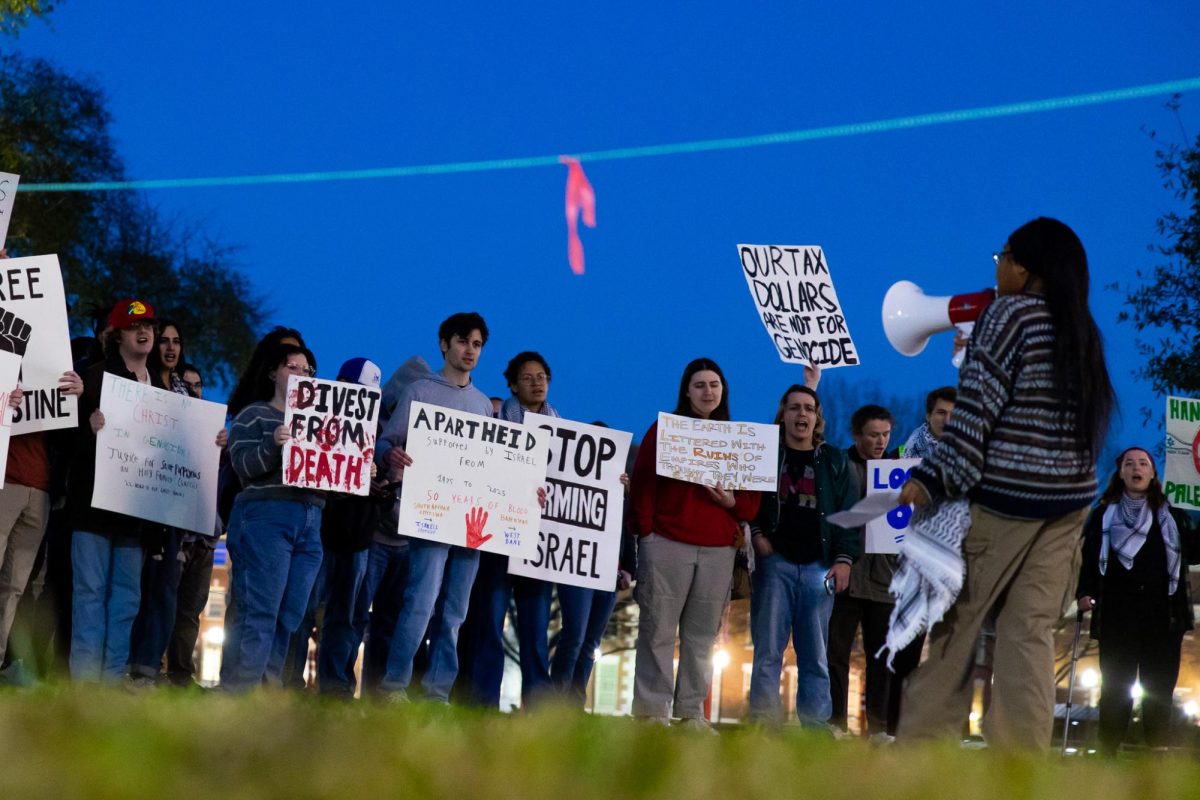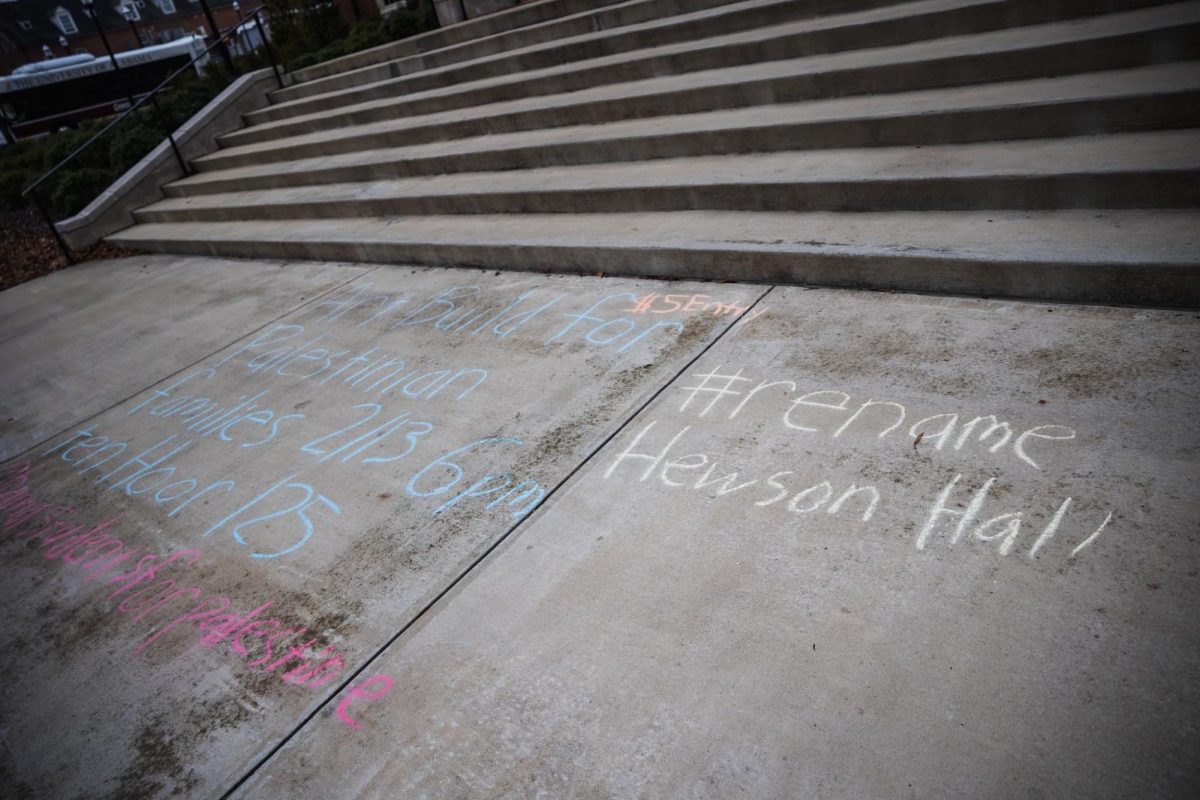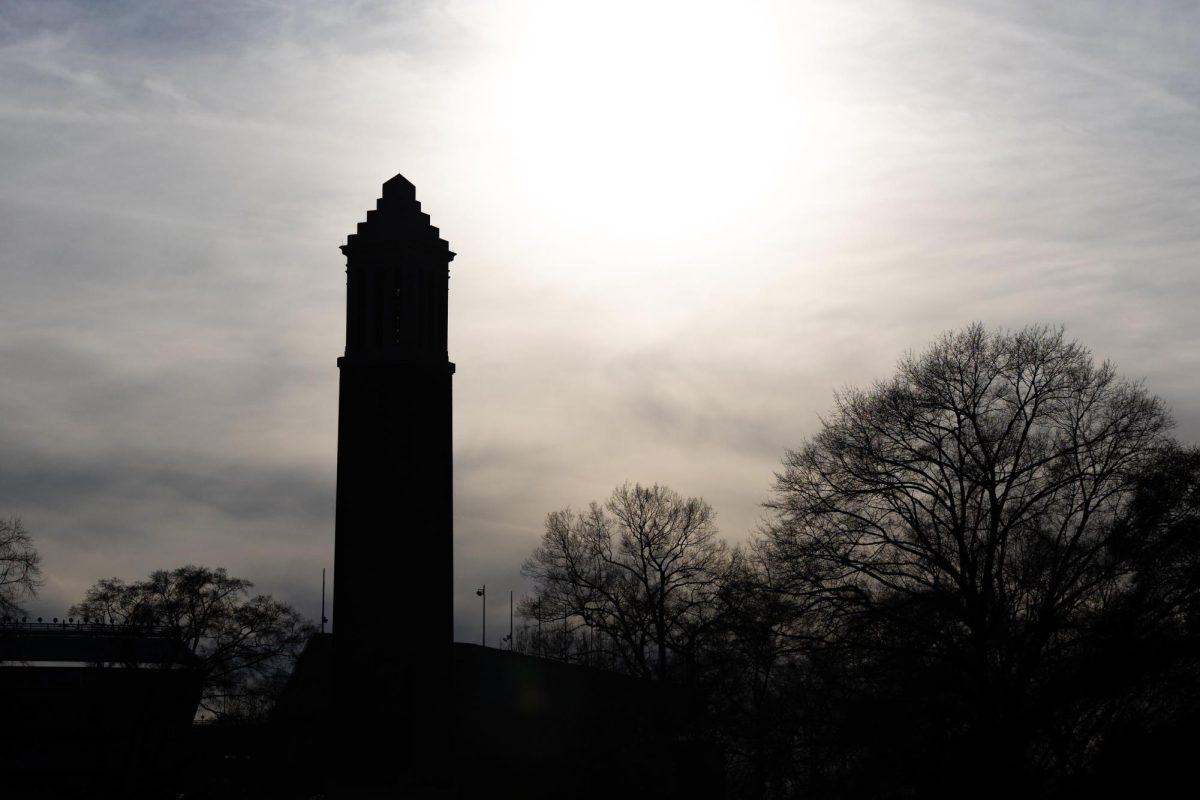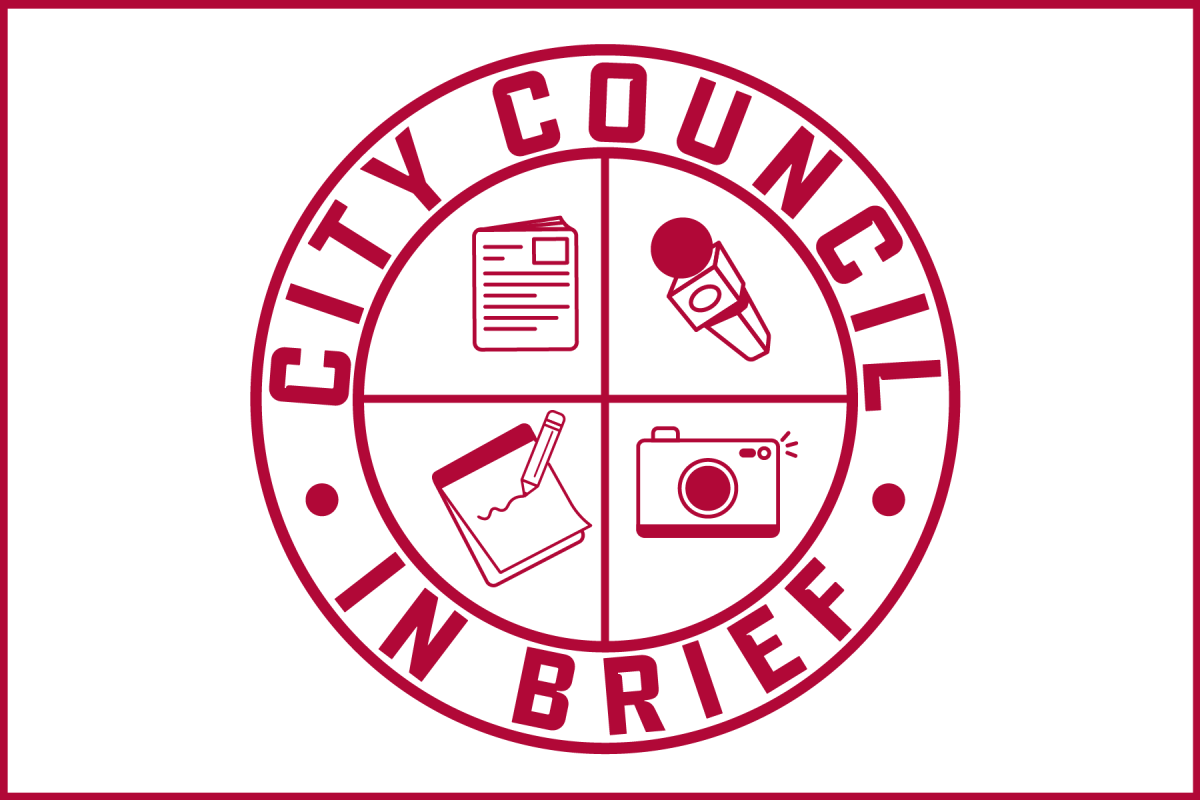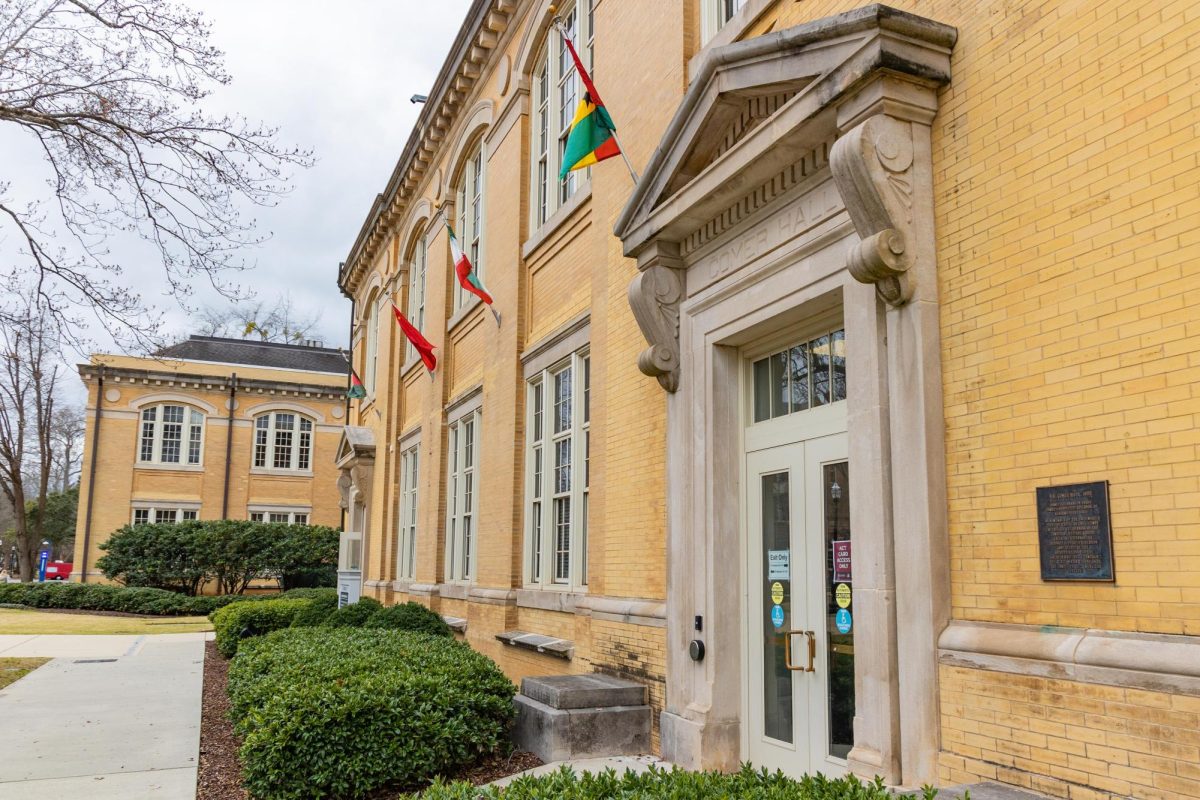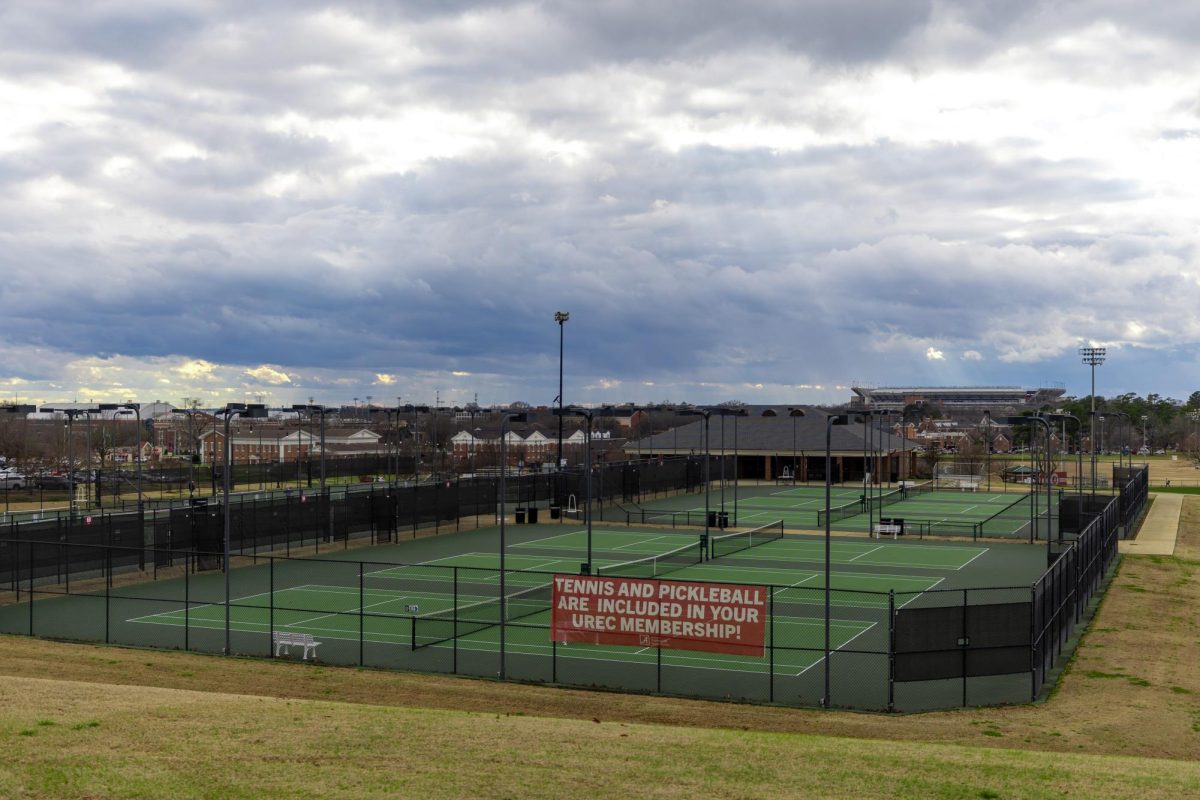Susan Parker, one of Alabama’s Public Service Commissioners and a UA alumna, spoke Monday as part of the Women’s Political Initiative lecture series.
A group gathered Monday to hear Parker speak, allowing ample discussion and for many questions to be answered.
Parker spoke of encouraging people to get involved, her experience running for public office and what she has accomplished while in office. She also discussed the challenges women face and why it is important for women to get involved in politics.
“It is hard to get things like this a priority,” Parker said. “How do you get people registered to vote? Fifty percent of people are registered to vote and of that, 50 percent will actually vote. How do you get people charged up?”
Speaking of her personal experience running for office, Parker said that it was not difficult to tell people that she can help them.
“The Public Service Commission regulates utilities,” Parker said. “It is easy for me to say what I do affects you directly, because it does. I work to keep utility prices down.”
After running for State Auditor in 1998 and winning, Parker continued on to be the first woman in Alabama to be nominated for the U.S. Senate in 2002 before winning the Alabama Public Service Commissioner slot in 2006.
“I wanted to have a nominee on our side who was reasonable. I wanted people to have a choice,” Parker said. “I was running against incumbent, Jeff Sessions. I was not really about winning.
“Running for Senate taught me that it does not hurt to lose,” Parker said. “The next day I still had a great husband and a great family.”
Public service is a constant motivation for Parker and her family.
“We believe public service is a way to give back — like a calling. Our mission in life is to feed the hungry and clothe the naked,” Parker said.
While in the Public Service Commission, Parker has become heavily involved in the effort to find better renewable energy.
“The big picture issue I’m involved in is energy,” Parker said. “Yesterday I flew down to Jacksonville, Fla. to participate in a forum with corporations and other commissioners… We have to help people understand that you flip that light switch on and it is not magic. The energy comes from somewhere.”
Parker also shared difficulties she faced as a woman running for office and the disadvantages as well as the advantages women running for public office face.
“One of the disadvantages is raising enough money,” Parker said. “The same amount of people will donate, just less money. But, while people won’t give you as much money, many women will work for you.”
“Women are also afraid of negativity,” she continued, “As a woman, you put yourself and your family out there. It gets kind of ugly.”
Parker concluded by encouraging the women on campus to get involved.
“Volunteer in a campaign,” she said, “If you are in the community, be part of the community. Get involved. Political science classes are great, but there is nothing like the real world.”
Her husband, Paul Parker, attended the event, and he served in the state legislation for 16 years and contributed to the discussion.
Paul Parker summed up the evening with, “If we had more women in the state legislation, we would have a better, stronger state.”



